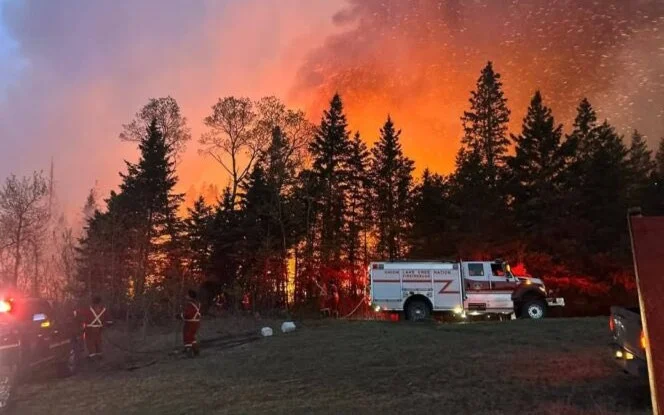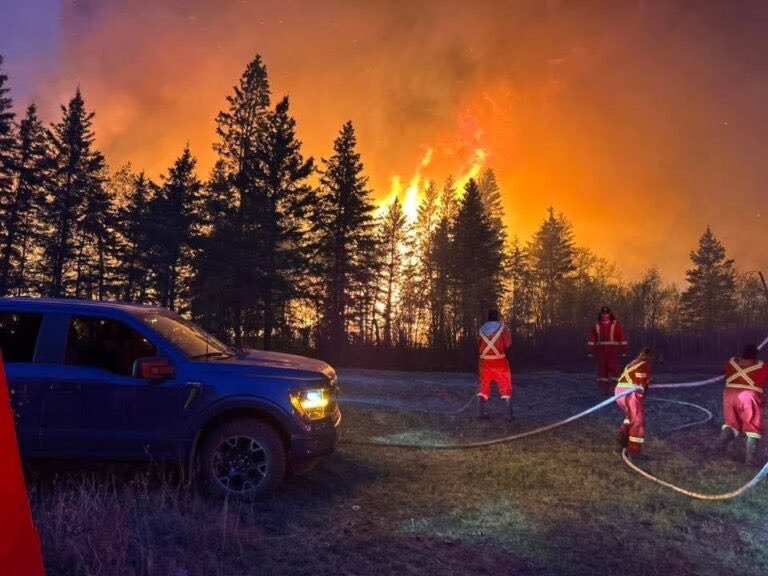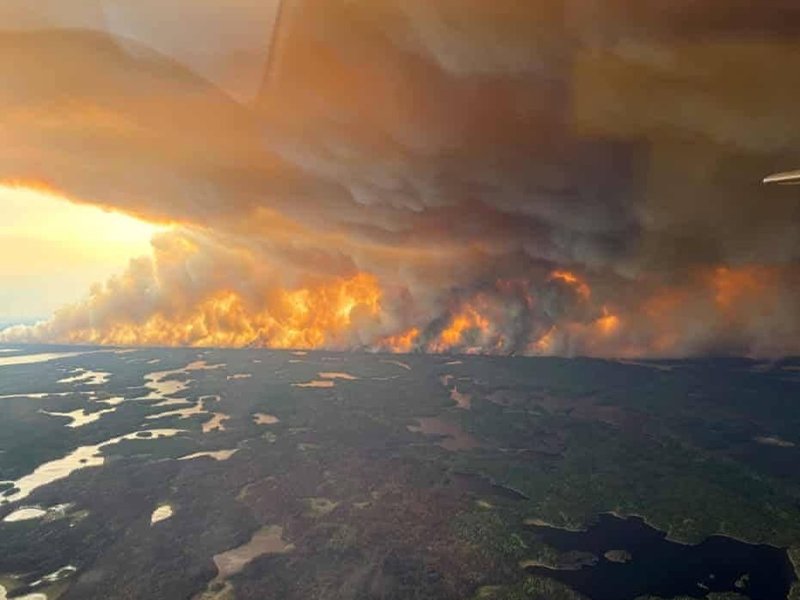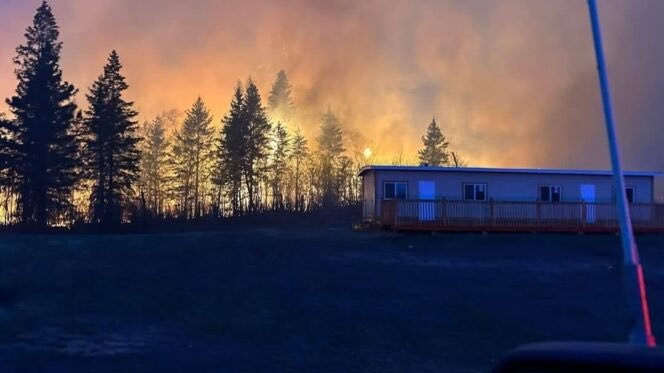Canadian wildfires force thousands to evacuate
Wildfires burning across Canada have forced thousands to evacuate and prompted emergency declarations, with smoke expected to drift into parts of the United States, reports a Kazinform News Agency correspondent.

🚨🇨🇦 Saskatchewan & Manitoba declare states of emergency as wildfires rage. Over 19,000 evacuated, Shoe Fire (216,000+ ha) & Kenora 20 (31,276 ha) remain uncontrolled. Smoke spreads across Canada & US.#Saskatchewan #Manitoba #ShoeFire #Kenora #wildfire pic.twitter.com/0ocs2I5TGj
— In Bulletin (@inbulletinnews) May 30, 2025
In Saskatchewan, Premier Scott Moe declared a state of emergency on Thursday. As of Thursday morning, there were 17 active wildfires in the province, according to Saskatchewan Public Safety Agency President and Fire Commissioner Marlo Pritchard. “Three were contained, eight were not contained, and five were under assessment,” Pritchard said.
“Travel may be impacted due to forest fires in northern Saskatchewan,” the Saskatchewan Highway Hotline warned. Moe said, “We’ve had to evacuate and support the evacuation of about 15 communities.”
He added that “a significant lack of moisture” has fueled “over 200 wildfires” in Saskatchewan this spring.

In neighboring Manitoba, officials declared a state of emergency on Wednesday, with about 17,000 people forced to flee.

Canadian Prime Minister Mark Carney pledged federal support. “The premier and I are in close contact, and the federal government stands ready to assist Manitoba’s provincial wildfire teams,” Carney wrote on X.
I’ve spoken with Premier @WabKinew and offered Canada’s full support as his province battles wildfires around Flin Flon.
— Mark Carney (@MarkJCarney) May 29, 2025
The premier and I are in close contact, and the federal government stands ready to assist Manitoba’s provincial wildfire teams.https://t.co/WV1cgPsgcf
According to the Canadian Interagency Forest Fire Centre (CIFFC), Manitoba had 15 active fires as of Thursday night. Across Canada, more than 170 wildfires were burning, with 93 considered “out of control” — meaning they are being monitored but not actively suppressed.

Winds are expected to carry the smoke south. By Friday, heavy smoke may reach Green Bay, Wisconsin, with smoke also spreading over Milwaukee, Chicago, and Detroit.
Earlier, it was reported that global wildfire emissions in the first months of 2025 were below the long-term average, according to the Copernicus Atmosphere Monitoring Service (CAMS). CAMS has also started monitoring early fire activity in eastern Eurasia, the Arctic, and Canada, warning that the boreal summer could bring more widespread fires.
